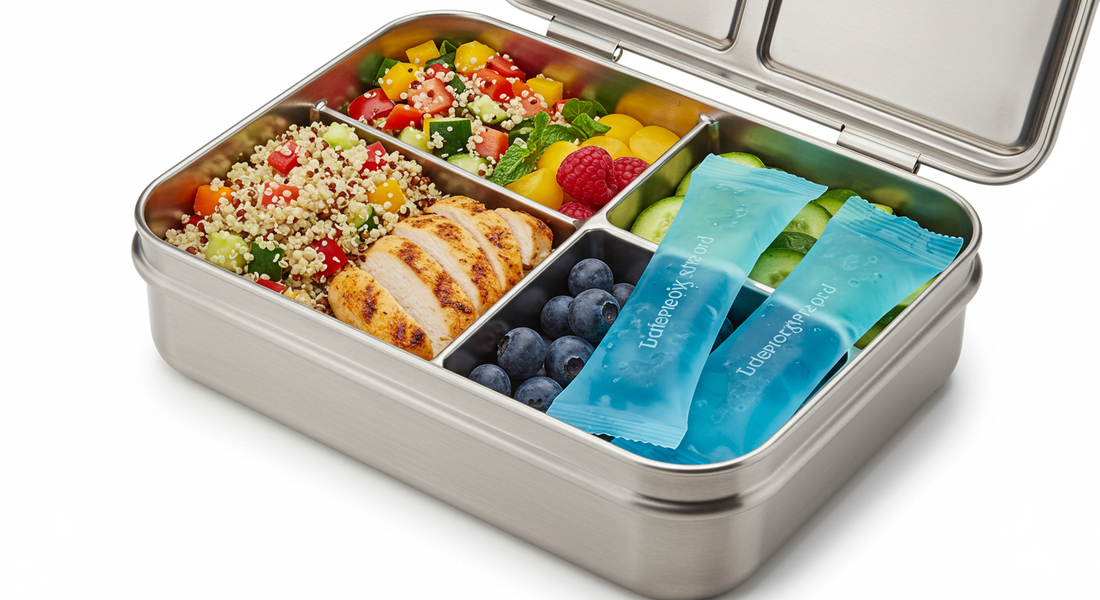
The Smart Way to Stay Cool: Slim, Reusable Ice Packs for Every Adventure
Share
Introduction
Keeping food and drinks cold is essential for daily routines and outdoor activities alike. Slim, reusable ice packs offer a space-saving and eco-friendly solution that delivers long-lasting cooling performance. In this post, we explore their benefits, practical use cases, and expert tips to help you get the most from your cooler setup.
I. Why Slim Ice Packs Are a Game-Changer
A. Space Efficiency Without Compromising Performance
Slim ice packs are designed to fit neatly into tight spaces, such as lunch bags, bento boxes, and compact coolers. Despite their thin form, they deliver powerful, long-lasting cooling that rivals bulkier alternatives.
B. Durable and Reusable for Everyday Use
Built with high-quality, BPA-free materials, these ice packs can be reused hundreds of times. Their leak-resistant construction and eco-conscious design make them an excellent alternative to disposable ice bags or gel packs.
II. Best Use Cases for Slim Ice Packs
A. For School and Work Lunches
Perfectly sized for lunch boxes and meal prep containers, slim freezer packs keep food fresh and safe to eat. Their low profile means you can stack multiple packs without wasting space.
B. For Outdoor Leisure: Beach, Camping, Fishing
Slim, long-lasting ice packs are ideal for:
-
Beach trips where compact storage is a must
-
Camping excursions that require reliable cold storage
-
Fishing outings to preserve your catch and drinks all day
III. How to Maximize Cooling Efficiency
A. Freeze Properly Before Use
Always freeze ice packs overnight to ensure they’re completely solid before use. This provides maximum cooling time throughout the day.
B. Pre-Chill Your Cooler
Cooling your cooler before packing helps prolong the effectiveness of your ice packs. Fill it with ice or cold packs for 1–2 hours, then replace with fresh contents.
C. Pack with Strategy
Distribute ice packs evenly throughout the cooler — top, bottom, and sides — to maintain consistent cooling. Avoid air gaps, as they allow warm air to circulate.
D. Leave Meltwater Intact (If Needed)
Unless space is limited, you may want to keep the melted water inside your cooler. Liquid retains cold better than air, enhancing overall temperature control.
IV. Extra Tips for Outdoor Cooling
A. Keep the Cooler in the Shade
Always store your cooler in a shaded area or cover it with a towel to block direct sunlight. Heat exposure significantly reduces cooling efficiency.
B. Use Salt to Extend Chill Time
A pinch of salt at the bottom of your cooler lowers the freezing point, helping the ice last longer — a handy trick for longer camping trips.
C. Freeze Your Beverages
Freezing drinks like water bottles or juice boxes adds extra cooling and reduces the need for additional ice packs. Plus, they double as refreshments.
V. Eco Benefits and Cost Savings
Switching to reusable ice packs helps reduce single-use plastic waste and saves money over time. Their long life span makes them a smart investment for both the environment and your wallet.


